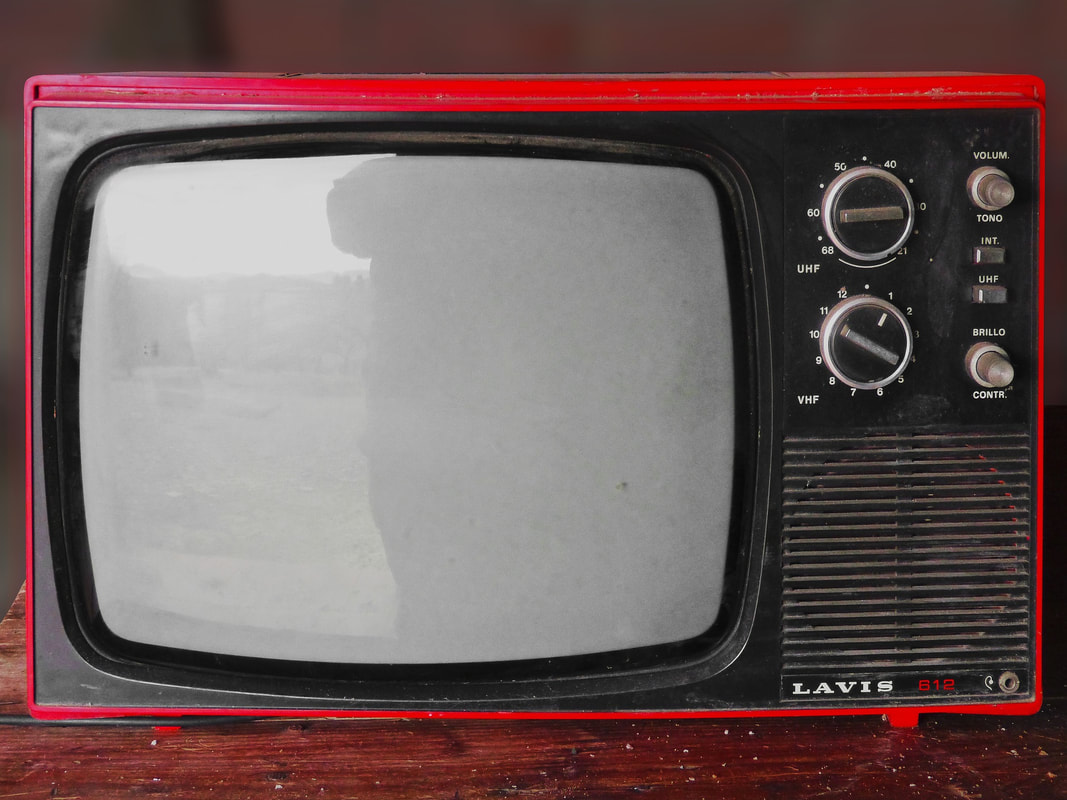|
You can’t read every book. You can’t retain everything you read. Given these facts what counts as being well-read? It’s an interesting question to consider in a world where more and more books are being published every year thus making the goal of keeping up with knowledge nearly impossible. Even if you choose to specialize in one discipline, being well-read in that discipline is extremely difficult. But, is there a way to attain a level of general knowledge that is both achievable and useful? And, what are the benefits of such knowledge?
In an effort to plan a homeschooling curriculum for my daughter I have been thinking quite a lot about such questions. While I have a lot of sympathy for the unschooling movement and interest-led learning I also think it is important to gain a broad exposure to many different subjects and have at least a passing familiarity with the broad concepts in basic academic subjects. One of the chief benefits of such broad exposure is the ability to make connections between subjects you do have an interest in and subjects you find less interesting. As T.S. Elliot once said “No one can become really educated without having pursued some study in which he took no interest. For it is part of education to interest ourselves in subjects for which we have no aptitude.” In my curriculum I have organized the various academic subjects into the following categories: Foundations: Education, Mathematics, Critical Thinking, Language, Life Skills Moral Philosophy: Economics, Ethics, Philosophy, Politics, Psychology, Religion Natural Philosophy: Astronomy, Biology, Chemistry, Geography, Geology, Physics History: American History, World History, Ancient History, Greece and Rome, The Middle Ages, The Renaissance, Women in History, English History Humanities: Art, Literature, Music, Plays, Poetry One of my initial goals for this curriculum was to create a resource list including important books for each subject. To “complete” a course of study a student would need to read a certain minimum number of books in that subject. But, this leads us back to the original question: What does it mean to be well-read in a certain subject area? Can this be reduced to a specific number of books? I think you need to begin any course of study with the stipulation that learning everything about that subject might be a worthy aspiration but it is not a realistic goal. One also has to remember that learning about a subject involves more than simply reading a set of books on that subject. So, you have to have time for things other than reading. Let’s pick as an arbitrary number five books per subject. That comes to 150 books for the set of academic subjects I listed above. At the modest reading rate of 25 books per year that means becoming “well-read” in all of the subjects listed above would take 6 years. I think you could make an argument that a student who went through such a curriculum could not only pass any exam given for any of these subjects at a high school (and possibly college) level but would also be vastly better educated than the average (or even above average) high school graduate. A student who went through this curriculum would not know everything there is to know about each of these subjects but would know enough to see how they were connected and would know enough to be able to learn more about any given subject if they so desired. In other words, they would have a solid educational foundation.
1 Comment
The essence of creative thinking, or as Michael Michalko calls it "Creative Thinkering," is to make connections between things that seem unconnected. It takes practice and a willingness to step outside of your arena of expertise and learn things that seem irrelevant.
That's one of the benefits of required courses in subjects other than the one you're majoring in. When you are sitting in one of these classes wondering "What does this have to do with me?" or "How is this relevant to my major?" don't stop there. Take those questions seriously. Then make one small change and act. The small change. Start with this statement: This subject does have something to do with me. This subject is relevant. The action: Find out how. Don't wait for someone to show you how things are connected. Make connections. You'll be flexing your creative thinking muscle and coming up with new ideas. You never know what that might lead to. When I was in college I asked the same questions most of my students are asking: What does this have to do with me? Relevance is a tricky thing since it often doesn't become apparent until after the fact. You can't always know what's relevant until you've learned about it and used it.
I majored in telecommunications. This was before the internet, the cell phone, the laptop, the iPad. You get the idea. I was interested in doing audio and video production. On the side, I took irrelevant courses like everyone else: history, philosophy, science. Now, I teach philosophy. Online. So, how irrelevant was my college experience? Not irrelevant at all. Very relevant now, if not quite as obvious then. Virtually every course I took in college has been useful in some way for me. Audio production: I record my music using computer recording software. But, the principles of editing and mixing were learned in that course. Video production: I make videos and post them to YouTube. Different technology, same principles. Philosophy courses: At the time, irrelevant electives taken because I enjoyed them. Today, it's what I do. History courses: Philosophy is the history of ideas. Everything has a history and understanding that allows us to understand much of what will happen in the future. Took a while to learn that lesson but the foundation laid in college was important. Science courses: Philosophy and science continue to converge, each informing the other. No understanding of how the world works and how to think about it is possible without an understanding of scientific principles. So, what are you taking now that is irrelevant? Are you sure about that? Will it be irrelevant in 20 years? 40? 60? Are you still sure? An important part of being a good critical thinker, problem solver, and creative thinker is being able to make connections. Given that these skills have never been more important, it is clear that learning to make connections is crucial to understanding and thriving in the world in the 21st century. A good way to begin learning to make connections is to study connections in the past. Here are three good books to start with:
In The Karate Kid, Daniel seeks out a mentor to teach him karate. He soon finds himself in a situation where all he seems to be learning from Mr. Miyagi is how to wax his car, paint his house, and sand his deck. What could be more irrelevant to learning karate. But, he soon realizes his mistake. Watch the short video below: So, what you're learning in school is irrelevant? Are you sure about that? Are you sure there's no good reason to learn history, science, mathematics, logic, critical thinking? Maybe you don't have a Mr. Miyagi to show you the relevance of what you're doing. maybe you need to look for it and find it on your own!
Image by Marc Pascual from Pixabay
There is a continuing debate among academics concerning what we should be teaching our students. If we were to listen to the students themselves, we would only teach them what they are interested in learning. But that begs a very important question. How can you be interested in something you haven't yet learned? No, the proper role for the educator is to teach what, in their judgment, needs to be taught. How can they make such judgments? Well, the answer is never easy but I think it is fair to defer to experience in these situations. And no, I'm not talking about the individual experience of one or two professors or instructors. I'm talking about the collective experience of our cultural patrimony. Which is only one of the reasons I am an advocate of cultural literacy. |
KEVIN J. BROWNEPhilosopher / Educator These blog posts contain links to products on Amazon.com. As an Amazon Associate I earn from qualifying purchases.
Categories
All
Archives
April 2023
|





 RSS Feed
RSS Feed
















